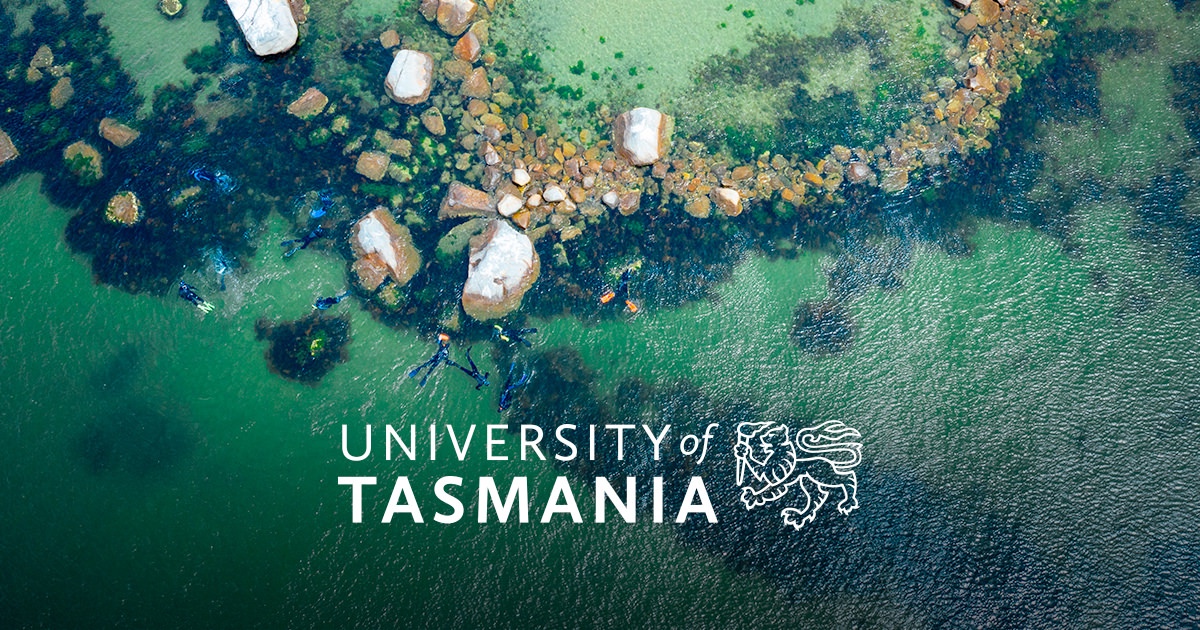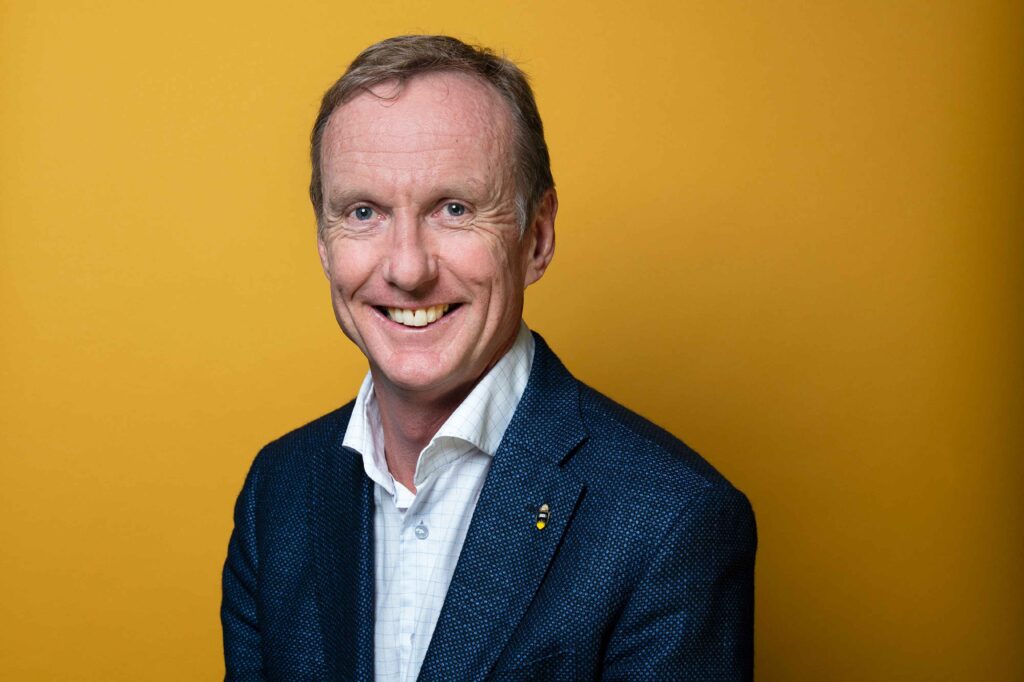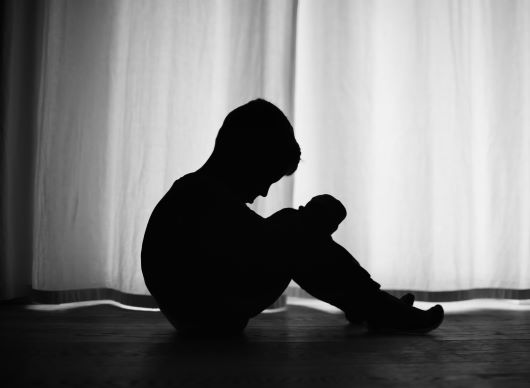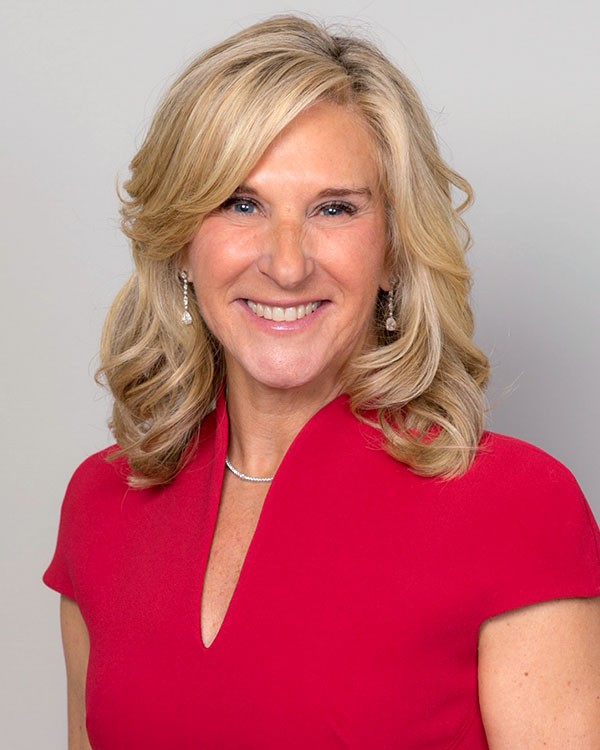Topics:
Federal Budget; Stolen Generations; Intergenerational Trauma, Truth Telling; First Nations Memorial; Redress; Records
FRAN KELLY: There are calls today on many fronts for more money in tonight’s budget, but one call is for the budget to include more funding to support Stolen Generations survivors and their descendants. The Healing Foundation addresses Stolen Generations related trauma, and it wants its annual funding doubled for spending for a raft of initiatives. On the wish list is money for reparations and a newly built First Nations memorial on the shores of Lake Burley Griffin in Canberra. Wuthathi woman and Healing Foundation CEO is Fiona Cornforth, who joins us in the Parliament House studios. Fiona, welcome to Breakfast.
FIONA CORNFORTH: Thank you, Fran.
FRAN KELLY: You want the Government to fund more – The Healing Foundation. You want your funding to be doubled from $6.5 million to $13 million a year. What would that extra money be spent on?
FIONA CORNFORTH: Well, just expanding the range of services we can offer and being able to work more closely with more systems, sector by sector and workforce by workforce, to ensure that as many Australians as possible have a role in addressing healing.
FRAN KELLY: What is it that you do? What is it that you offer now for the current funding that you want to do more of?
FIONA CORNFORTH: We, as I said, work alongside communities – we’ve done so for 12 years now. In that time, we have a range of evidence that informs tools and important knowledge to address trauma at its, at its, you know, at its origin, not-
FRAN KELLY: [Interrupts] Can I just ask you to tell us a bit more about that? When you say tools for healing, healing from trauma is what you’re talking about …
FIONA CORNFORTH: [Talks over] Yes.
FRAN KELLY: … and its intergenerational trauma.
FIONA CORNFORTH: Yes.
FRAN KELLY: Most of the people you’re working with were not stolen themselves, but are descendants of stolen – is that correct?
FIONA CORNFORTH: Yes.
FRAN KELLY: So, what sort of- tell us what you mean when you say tools. What’s the process? What are you offering?
FIONA CORNFORTH: Yeah. Well, it’s not in the too hard basket anymore. We, we know that there’s evidence- there’s evidence now to say that every warm interaction contributes to healing. So, what’s- what we have is a network of Stolen Generations organisations, we have social and emotional wellbeing. But it, it’s not enough when any other workforce or sector or system that our Stolen Generation survivors and their descendants interact with don’t have that healing know-how.
FRAN KELLY: So, it’s about really expanding the knowledge beyond just the, the organisations of selves that are responsible for it? Is it?
FIONA CORNFORTH: Yeah.
FRAN KELLY: What might be needed in identifying who is a Stolen Generation survivor or their, or their offspring?
FIONA CORNFORTH: That’s right. That’s right. I mean, you could almost assume it because we know, for example, 55 per cent of people in WA, of our populations, were either removed or have a parent that was removed. And, you know, a lot of the contemporary trauma we’re dealing with stems from that historical trauma that hasn’t yet been, you know, addressed. The result-
FRAN KELLY: Can you tell us about that? I think a lot of people listening don’t really know what it means when we talk about intergenerational trauma. This is not just for Stolen Generation survivors, but in that 55 per cent, say, population in WA, the issues that arise today for first Australians – and there are a myriad of them and some, you know, highly dangerous and life threatening.
FIONA CORNFORTH: Yes.
FRAN KELLY: How does intergenerational trauma, how does trauma passed down from a parent or grandparent who might be a Stolen Generation? How does that manifest itself?
FIONA CORNFORTH: Yeah, this is an important part of knowing about healing, because when a human being experiences trauma, our possibilities and our opportunities that we see from a place of vulnerability, they become quite limited. So, it’s the old fight, flight or freeze – you know, a common human response.
And so, we’re putting down our experiences of trauma and those limited possibilities in a way. We’re not passing down bad parenting, we’re not passing down any of that – it’s our experiences with trauma. So, if we have a bad experience with an education setting, we’re less likely to encourage our children to engage with that same system.
FRAN KELLY: Is the issue getting more front of mind? Because, you know, with the work you’re doing on healing and trauma, more people are identifying as part of the Stolen Generation, realising that that’s what they were; realising this is an issue they need to deal with. Is that happening?
FIONA CORNFORTH: Absolutely. We know, after creating safe spaces for that truth-telling to happen, for survivors to come forward – and again, I mention those networks of Stolen Generations organisations across the country – we, we do see more people identifying as stolen, and talking about their experiences in an effort to lead the healing journeys.
FRAN KELLY: And is that what this national memorial you’re talking about is a part of too? You want a First Nations memorial for Stolen Generation to be held on the shores of Lake Burley Griffin. Why is that important? And what would it, what would it contain?
FIONA CORNFORTH: Yeah. Good question. We see it as a way to fast-track healing in our communities. We know that there’s a lot of education and evidence that- a lot of stories that people can be moved by in the people we’re already working with. As you say, it has become front of mind, and we believe it’s because we safely document important stories and what’s happening in community in healing journeys.
We know that if there’s a memorial and a centre of excellence around healing that is led by survivors, that is facing the community, more people will understand what it is they can do each day to support survivors.
FRAN KELLY: So more, it’s general community. We’re not just talking us through the first nations community.
FIONA CORNFORTH: Yeah, absolutely.
FRAN KELLY: The- you’re also calling for a nationally recognised and uniform redress scheme. Is this along the lines of the formula of the redress scheme we’ve seen come out of the Royal Commission into institutional child abuse?
FIONA CORNFORTH: Yeah, look, it should be informed by that. However, with- what the survivors are looking for is just national consistency.
FRAN KELLY: Are they getting redress now? Are there redress schemes in each state?
FIONA CORNFORTH: Yeah, in pockets – not in each state and territory. But what’s important is that it’s designed by survivors themselves, by those with the lived experience, because we know that some of them [the redress systems] are causing more trauma.
FRAN KELLY: Okay, but those redress schemes that are currently funded by state and territory governments, not by the Federal Government.
FIONA CORNFORTH: Yes.
FRAN KELLY: Do you want that to change? Or-
FIONA CORNFORTH: Absolutely. Obviously, the Federal Government is responsible for some jurisdictions. But just to lead it, to lead the effort – national consistency and national intergenerational healing strategy laid out by the Commonwealth Government would be ideal.
FRAN KELLY: And just finally, there’s one thing I read when I was looking at this issue and what you’re calling for, and you’re calling for a sort of a better data collection. Because as I understand it, there’s some Stolen Generation survivors who don’t even have a birth certificate, and need help to kind of- I mean, that’s pretty crucial…
FIONA CORNFORTH: Absolutely.
FRAN KELLY: … in today’s society. Tell me a little bit more about what’s missing and what’s needed.
FIONA CORNFORTH: Yeah. Well, the way records were kept was not with Stolen Generations in mind, or those that were removed in mind. And so-
FRAN KELLY: [Interrupts] Because they weren’t in mind for anybody.
FIONA CORNFORTH: They weren’t. No, that’s right. And so, we know how important it is to feel a belonging, to restore connections with community where you’re from, with your family, and it’s only a small percentage that gets to do that because of records, and we want to prevent that from happening into the future.
FRAN KELLY: [Talks over] Is work already being done on that? Is it possible to find records?
FIONA CORNFORTH: Yes, absolutely. We have- the Healing Foundation supports a records taskforce, and that’s made up of archivists and people from my ancestry. So-
FRAN KELLY: Right. So, for these kinds of programs, you’re looking for more funding tonight. Have you had anything to suggest it’s going to have encouraging news in the budget tonight?
FIONA CORNFORTH: Not really, no. A couple of hints, but we’re, we’re hopeful, optimistic and positive. We just know how much it’s going to impact on truly having our Stolen Generations as heroes leading intergenerational healing into the future.
FRAN KELLY: Fiona, thank you very much for joining us.
FIONA CORNFORTH: Thank you.
FRAN KELLY: Fiona Cornforth is CEO of the Healing Foundation. She’s a Wuthathi woman, and the Healing Foundation’s National Aboriginal and Torres Strait Islander Organisation works with communities, as you heard, on addressing trauma caused by the Stolen Generations. Not a lot of money they are after, $13 million to expand those sorts of services, data collection, but also for support services, and an idea like that national monument, which would help educate all of us, I suppose, in front of mind for all of us, the impact of being a member of the Stolen Generation.
The Healing Foundation CEO Fiona Cornforth will be addressing the National Press Club of Australia on 2 June. Details are available here: https://www.npc.org.au/speaker/2021/836-fiona-cornforth
Read the media release here: https://healingfoundation.org.au/2021/05/10/the-healing-foundation-hopes-for-increased-healing-commitments-in-federal-budget/
The Healing Foundation Pre-Budget Submission 2021-22 is available here: https://healingfoundation.org.au/app/uploads/2021/02/The-Healing-Foundation-Pre-Budget-Submission-2021-22.pdf
To raise awareness about intergenerational trauma, The Healing Foundation produced this animation: https://www.youtube.com/watch?v=vlqx8EYvRbQ&t
The Healing Foundation is a national Aboriginal and Torres Strait Islander organisation that partners with communities to heal trauma caused by the widespread and deliberate disruption of populations, cultures and languages over 230 years. This includes specific actions like the forced removal of children from their families.







